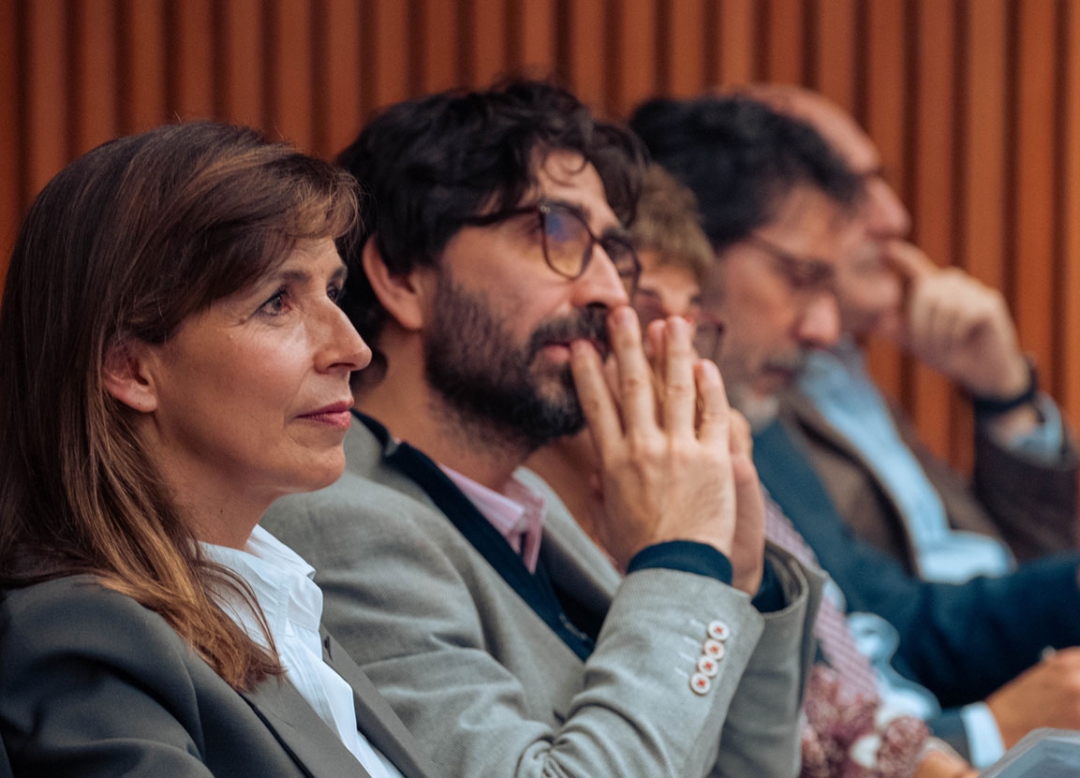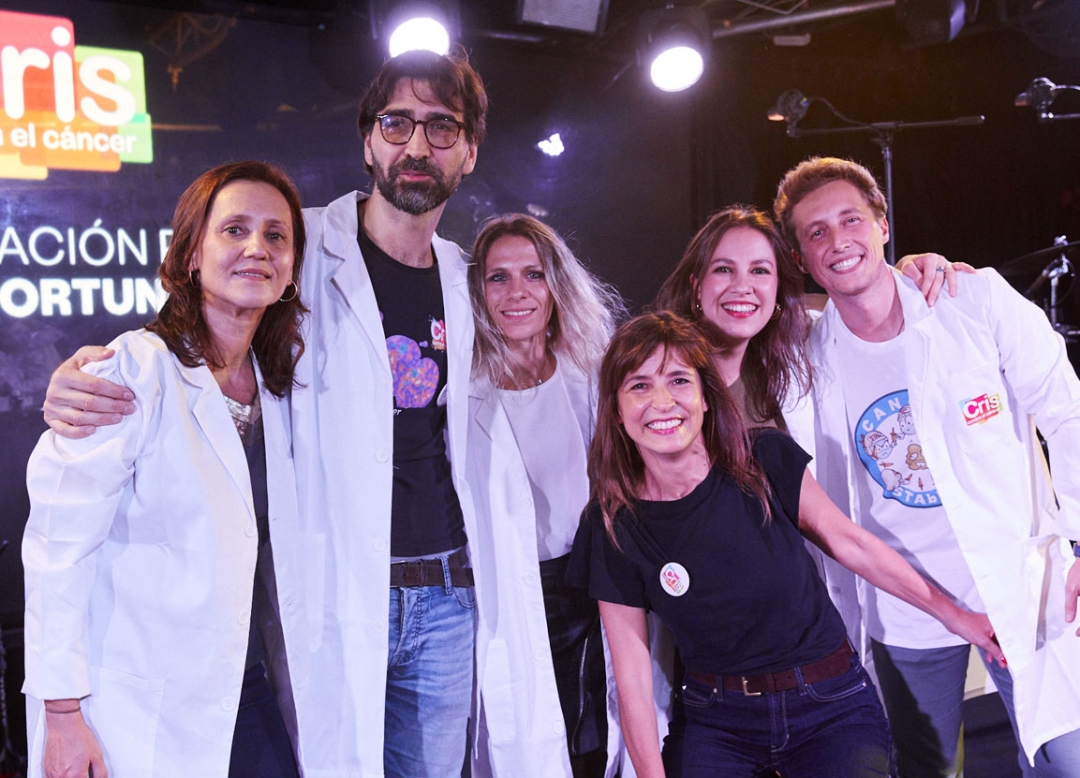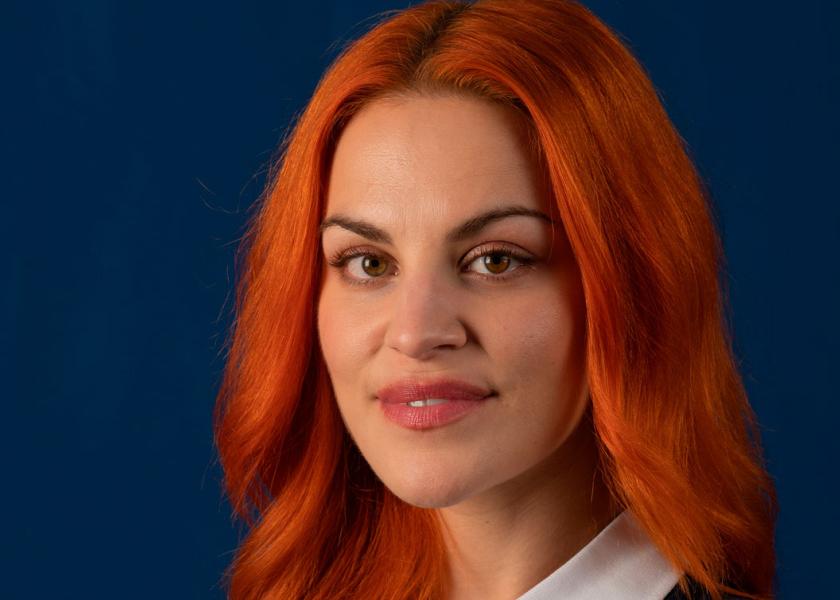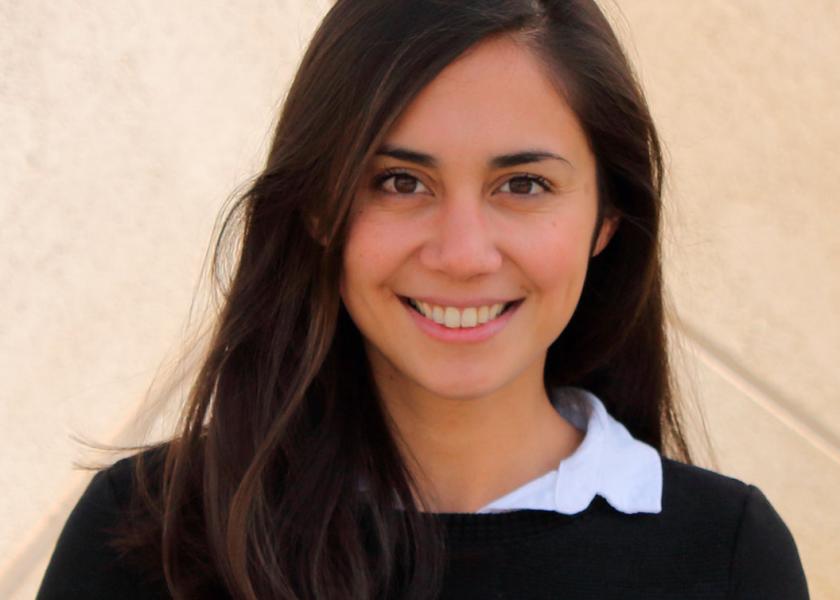Lola Manterola
CRIS against cancer
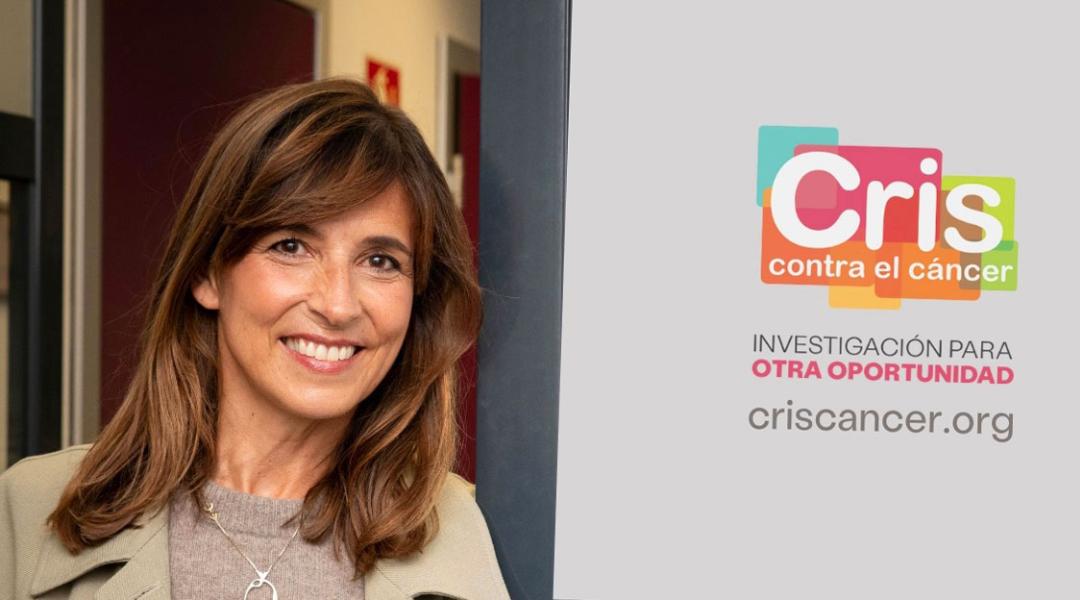
CRIS could be anyone, even you. Because the fight against cancer, as Lola Manterola—winner of the 2024 MAS Talento a bordo Award—reminds us, appeals to us all. The cofounder of CRIS Cancer Foundation has spent the last 15 years, since she managed to overcome multiple myeloma thanks to a clinical trial, supporting cancer research and dreams of a cancer-free future.
“The reason I don’t have cancer today is because someone did the research in the past.” With this sentence, Lola Manterola (Madrid, 1971), cofounder of the CRIS Cancer Foundation and winner of the 2024 MAS Talento a bordo Award, wants us to understand the value of research and join the fight that she’s been coming up against since she was diagnosed with multiple myeloma at the age of 37 and managed to make it chronic thanks to a clinical trial. “Research saves lives every day and is the only way to put an end to cancer, it’s not something far away, but close. Many people are awaiting treatment, and this is why it’s urgent that we support our researchers.” Lola, who through her Foundation supports Spanish talent for cancer research, appeals to our individual responsibility and invites us to do our part so that anyone, regardless of their socioeconomic status, can access the most innovative treatments equally and fairly.
At the age of 37 you were diagnosed with multiple myeloma. How did experiencing this illness firsthand change your perspective of it?
It turned my world completely upside down. There was no one in my vicinity with cancer, so it wasn’t part of my life beforehand. I was a hardworking mother of two kids, and I thought the fatigue I felt was normal, until it became unsustainable. I struggled to walk and that’s when the disease had progressed a lot. I underwent conventional treatments, but they didn’t provide good results, so my husband looked for alternatives and found a clinical trial at a public hospital, the 12 de Octubre University Hospital in Madrid. Thanks to that trial, the disease went into remission; multiple myeloma can never be completely cured, but I’ve spent quite a few years off medication and living a normal life.
When we talk about cancer, is research synonymous with hope?
Cancer research means finding a cure and, therefore, hope. It’s the only way we can put an end to this disease, and this is why we need to support our researchers. After taking part in that clinical trial, my husband Diego and I realised that research has a short-term impact, investing in it means saving lives today. We worked in finance and had no idea about this world, so it was a wakeup call. The reason we created the CRIS Cancer Foundation is so that other people can have the same opportunities as me.
“As a society, we’re not supporting research enough and we need to be more involved and take the fight against cancer as an individual responsibility”
Tell us about the work the CRIS Cancer Foundation does.
The purpose is to cure cancer and the way to do it is by supporting research and, specifically, researchers throughout their scientific career. We need to give them enough resources for them to do their job, which is to save lives. For example, we send young Spanish researchers abroad for training, but the goal is for them to return and consolidate their careers here. In turn, we support the creation of research groups through competitive programmes, with an objective and transparent selection process that seeks excellence, because the key is weaving a research network. We also create units in public hospitals that allow the application of lab findings through clinical trials or personalised therapies, bringing hope to patients who don’t respond to conventional treatments. Likewise, we encourage collaborations between researchers in different countries through our offices in France and the United Kingdom and establish alliances with leading international research centres to co-fund more innovative projects.
How do you feel now when you see everything that the CRIS Cancer Foundation has achieved?
I feel proud, but at the same time I can’t help feeling the urgency of it all. Giving cancer patients the chance to survive spurs us on, but the fact that others are lost along the way because they don’t undergo treatment in time also fills us with rage. There’s a lot to do and we cannot relax. As a society, we’re not supporting research enough and we need to be more involved and take the fight against cancer as an individual responsibility. Patients do not fail when they don’t manage to beat cancer, it’s society who fails for not having the right treatment for them. We cannot think about cancer only when it affects someone in our immediate vicinity.
Awareness, therefore, is key in the fight against cancer. What can ordinary citizens do to help?
Anyone can help and there are thousands of ways to do so. In our case, they can become members of the CRIS Cancer Foundation and make donations, within each person’s financial means. We need to have regular funds to be able to support researchers’ work in the medium and long term. People are so imaginative when it comes to helping and there are cases where, as a birthday present, people ask their guests to make a donation instead of receiving a bottle of perfume or a tie. Others decide to leave a legacy to cancer research as part of their inheritance and it’s a way of taking charge of the future of your children and grandchildren because you’re doing your bit to cure this disease.
“I’m not looking to make the disease chronic, I hope for a complete cure, so that no one has to live with cancer”
What does receiving recognition like the 2024 MAS Talento a bordo Award mean to you?
For a company of Iberia’s calibre to value the work we do is an honour and makes me feel proud. The CRIS Cancer Foundation is very grateful, and this pushes us to continue to seek excellence in our research, to support our researchers and give cancer patients opportunities.
You work with researchers daily; how much talent is there in this field in Spain?
So much. Our researchers are true heroes because, unfortunately, they aren’t well paid and it’s not only about the money they receive, but about having the ideal conditions to do their research in. A good research environment is essential and we’re not at the same level as other countries in our vicinity. Our researchers are spectacularly talented and discover vital treatments for patients; they are saving lives, and our society must support them so that they don’t go abroad.
If you can time travel to the future, what would you like to find there when it comes to the fight against cancer?
Ideally, for cancer to no longer exist. But since it’s a disease that is going to continue being there, what I’d like is when someone receives a cancer diagnosis, for them to immediately undergo a treatment that cures them. Like with other diseases throughout history. I’m not looking to make the disease chronic, I hope for a complete cure, so that no one has to live with cancer.
